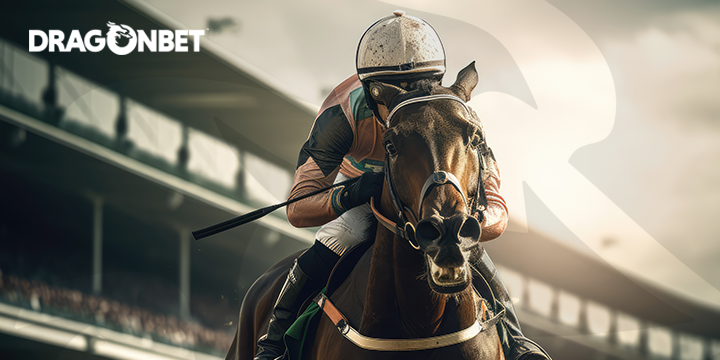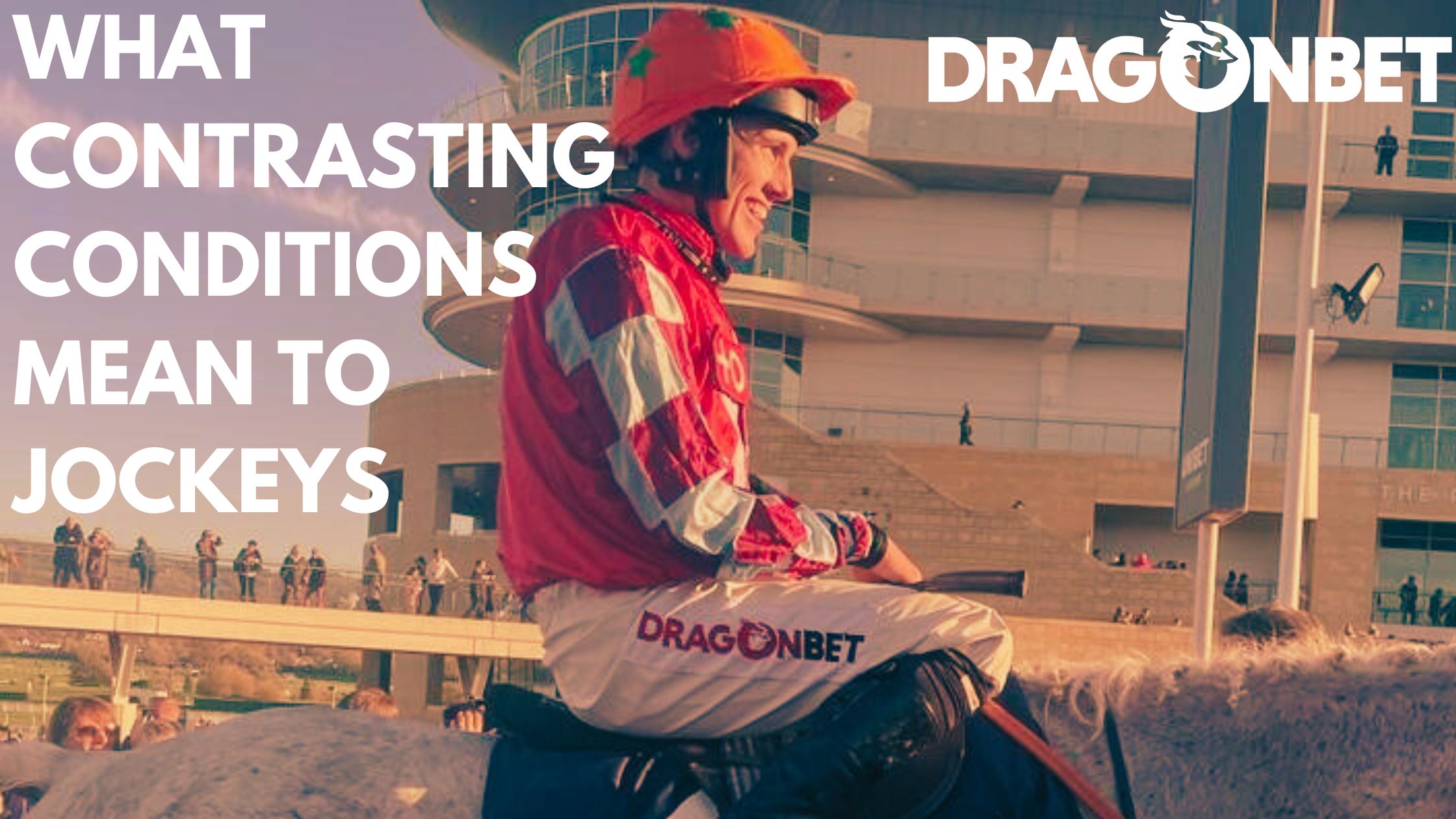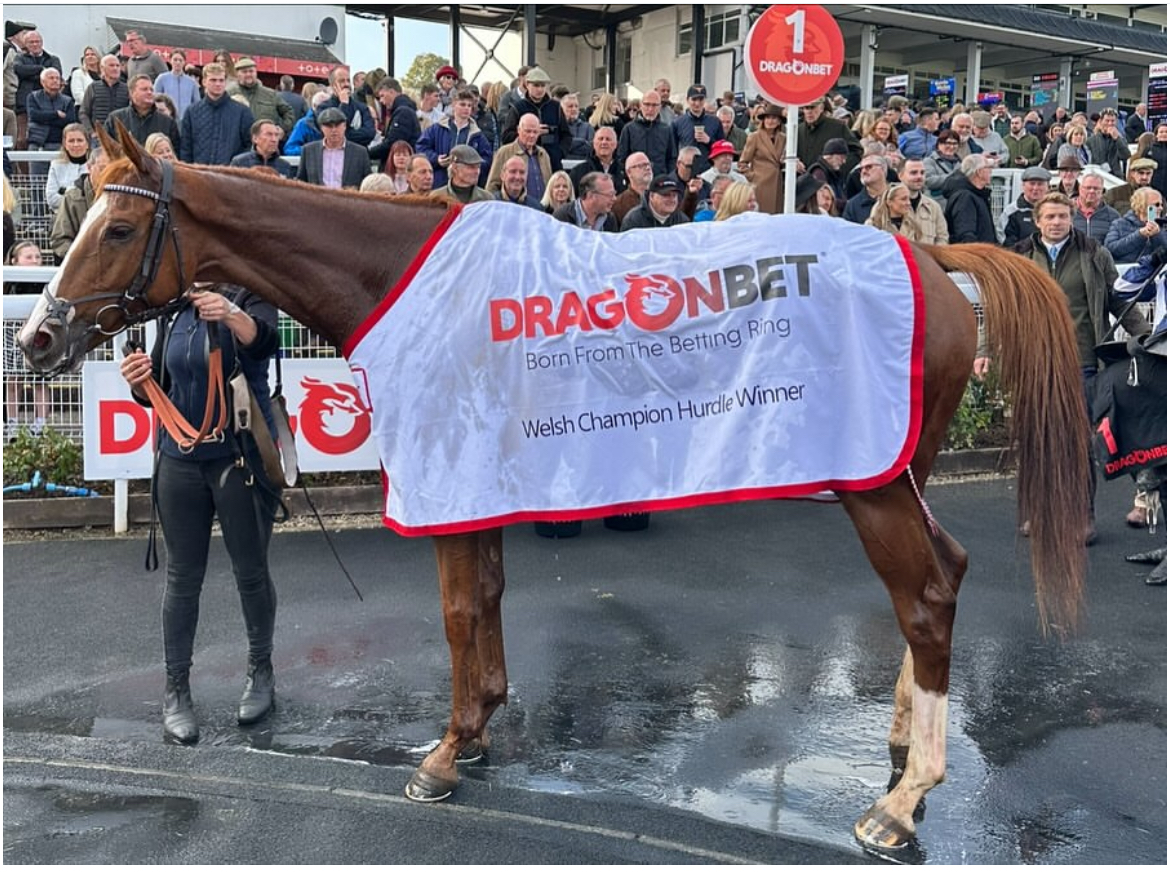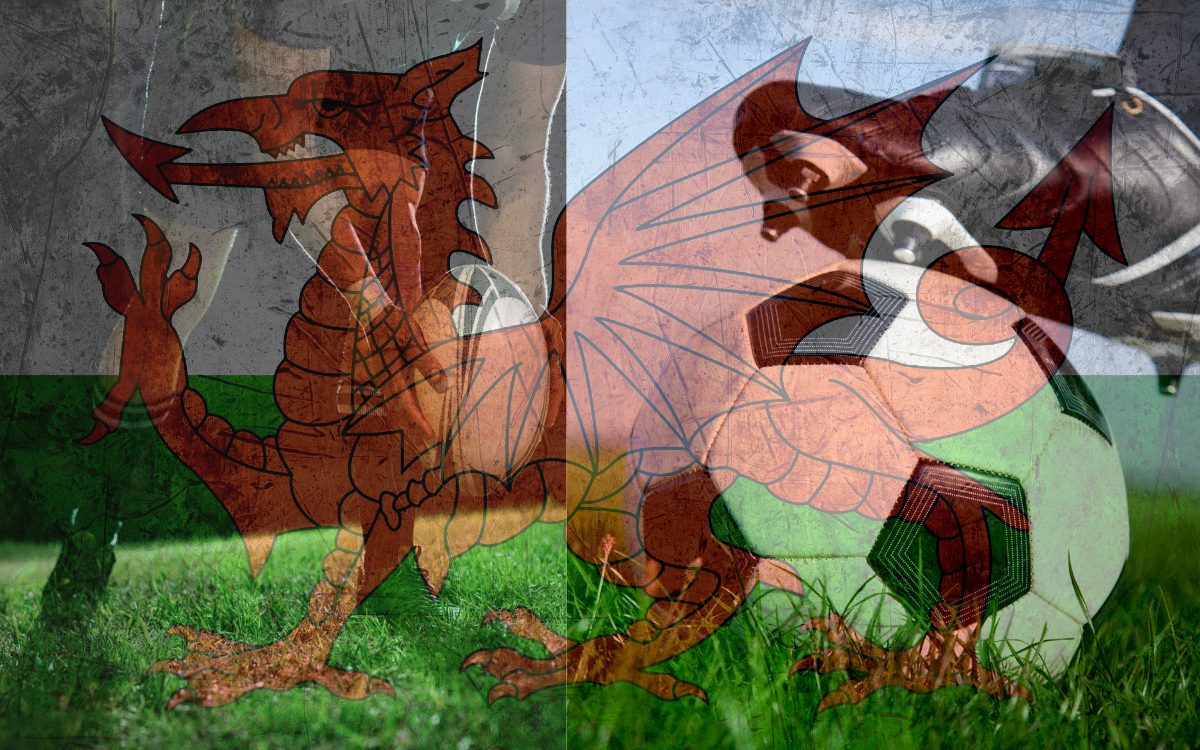Life is full of rules.
Some of them are written into law, others you learn from experience.
Being a jockey is much the same.
The first thing to say about racing is that the sport is very well policed by stewards who are present at all the racecourses.
They have a stewards’ room with a bank of TVs showing every different camera position out on the course.
They don’t miss a great deal, which means that if you’re called into the stewards’ room it can feel a bit intimidating – like being summoned to the headmaster’s office.
But no sport can run smoothly just on rules alone. You need etiquette, custom, the unwritten rules of the highway.
Without those agreed principles among jockeys, then racing would be more cut-throat and certainly more dangerous – just as Formula One would be a much riskier place without a similar sort of unwritten code among the drivers.
So, here are five unwritten rules:
- When the winner goes clear, rein it in
You know those races where the winner goes five or 10 lengths clear and no-one else is getting close? Well, that’s where jockeys switch their priorities.
You will give more attention to the welfare of your horse. A jockey will effectively put the clutch in and knock it out of gear, so that the horse is not over-stressed on the run-in for no good reason.
Now, this obviously could affect each way placings. So, the common courtesy here is that if you’re in second, third, fourth or fifth and the jockey behind you starts gaining, he will give you a shout to keep going.
And shout LOUD. If a young jockey gives a tiny yell and it’s not heard by one of the older heads, he’s going to be in big trouble.
- Racing for a Mars bar!
This one follows on from unwritten rule No.1 and may seem to contradict it unless it’s fully explained.
Quote often in a maiden or novices hurdle, there will be two or three horses who have a good chance of winning and others who are there to make up the numbers.
It’s not about those races where you’ve got five or ten lengths between horses strung out, but where you’re close to another horse for seventh place and the winners have already pulled up and are back in the parade ring.
Of course, we’re now battling it out for our huge 4.5% cut of £240, but sometimes there might be a shout for an extra incentive
“Race you for a Mars bars,” someone might shout, although it has to be said I’ve never actually seen any Mars bars change hands after a race.
- Pick your lane and stay in it!
The general principle when riding around a bend in a race is to pick your lane and stay in it. Or, if you are going to move, then have a glance down between your legs, or under your elbow, before you change your racing line.
A lot of young jockeys won’t learn this one until they’ve had a cross word with an older jockey they’ve almost wiped out.
As you get more experienced, you can start to creep your way in and listen out for a shout from another jockey.
The slack jockeys might be guilty of what we call, “wheeling in”. It’s the equivalent of putting your palm on the steering wheel and pulling out in front of traffic without looking behind.
We need communication. When it’s not there, racing becomes a lot more dangerous.
In Ireland, riders have a slightly different attitude. There is more leeway given to a horse that cuts inside.
But that’s fine. The etiquette doesn’t have to be the same everywhere, so long as you know the local rules.
The thing to remember as a jockey is that it pays to have few enemies. If that means being three-wide when you’d rather be two-wide coming around a bend at Ffos Las, then it’s for the greater good.
Some jockeys have long memories. Once or twice I’ve had a pee next to the weighing room and the jockey next to me has had a little chuckle about getting his own back on someone from years before.
- No poking!
Poking is when a jockey tries to sneak up an inside line that is practically off the track because of the configuration of the course.
There might be 10 yards or more between the hurdle track and the fence track on a course, which is just clear daylight.
All jockeys would probably agree the lead horse has the right to hold his position when a chasing horse tries to take that “poking” line.
When you’re leading, you’ll be inclined to stick your elbows out and try and hold your line, believing the jockey who’s trying his luck shouldn’t get away with it.
Yet, recently we have seen stewards come down in favour of the chasing horse, so it’s become a contentious issue.
- Courtesy only extends so far!
So, what about if you’ve picked a fair line and the lead horse is starting to slow?
Does unwritten rule one apply if you’re in second and he’s dawdling? Ease off and give him a shout?
No. Absolutely not.
The consensus among riders is that if the lead horse slows too soon, and they’re unaware you’re catching them, then tough luck!
That’s fair game to get past them.
There’s a race to be won.


















